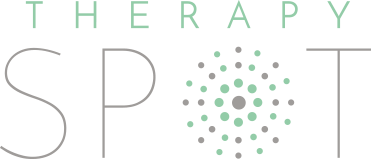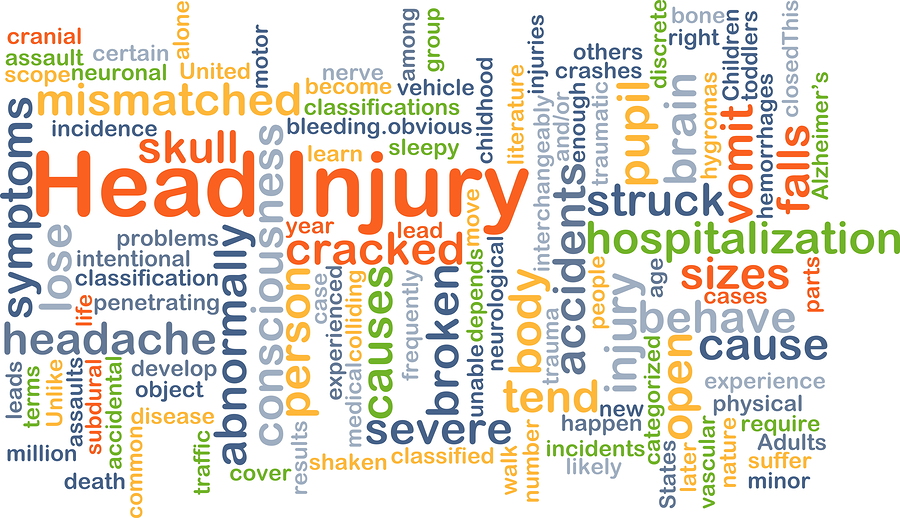How Traumatic Brain Injury can Damage your Self-Awareness
One of the most common impairments caused by traumatic brain injury (TBI) is decreased self-awareness. Impairments of awareness can range from severe (coma, for example) to more subtle and mild (setting unrealistic goals, poor judgement, memory trouble). Impaired self-awareness is an important clinical issue because maintaining awareness is essential to rehabilitation and creating a positive outcome. Because normal healthy adults can rapidly identify and correct their own errors and respond to their own task performances, we can study this behaviour to objectively measure self-awareness. For a person with TBI, these abilities can be impaired, demonstrating degrees of self-aware impairment.
In this 2014 study, researchers used participants’ ability to recognize and correct their own errors to investigate the association between TBI and self-awareness. From a group of 63 participants, 40 patients were considered high-performing, being able to identify and correct errors within a range considered standard for the general population. The other 23 patients were considered low-performing, demonstrating difficulty recognizing and correcting fewer errors than the standard.
Area of the brain that controls self awareness: The Fronto-parietal control network (FPCN)
The results demonstrate that this smaller, low-performing group underestimated the severity of their disability and “showed broad attentional deficits” (Ham et al., p.586). This level of severity was associated with connectivity being lost between frontal regions of the brain and the FPCN (fronto-parietal control network; a network believed to be in control of integrating motivation, social processing, and cognitive processing).
Further study and observation of the participants suggest that self-awareness is especially dependent on a network within the FPCN, the salience network. In the average person, when events and tasks take place, areas of the brain work in tandem with the FPCN to “continually update one’s representation of self” (Ham et al., p.594). However, for people with TBI and decreased self-awareness, the connectivity between the brain and the FPCN is damaged, leading to issues of self-awareness like poor judgement, inability to assess and monitor one’s performance or abilities, concentration problems, and memory problems.
How to treat self awareness:
When a client has self-awareness difficulties, it is imperative to set up prosthetic systems that will help them to review their behaviour and self-monitor. All treatment with a client where insight and self-awareness is a concern could include the use of video and a self-rating. This type of biofeedback treatment is not only used in the world of Speech-Language Pathology, but also used in many disciplines including but not limited to professional coaching.
Written by Laura Keeble: Researcher at Simone Friedman SLS
Ham, T. E., Bonnelle, V., Hellyer, P., Jilka, S., Robertson, I. H., Leech, R., & Sharp, D. J. (2014). The neural basis of impaired self-awareness after traumatic brain injury. Brain: A Journal of Neurology, 137(2), 586-597. Retrieved March 9, 2016.



